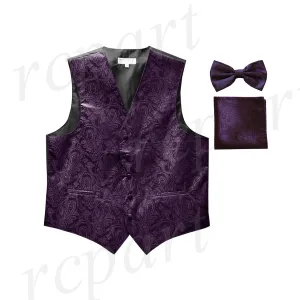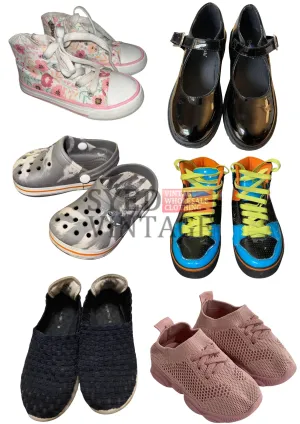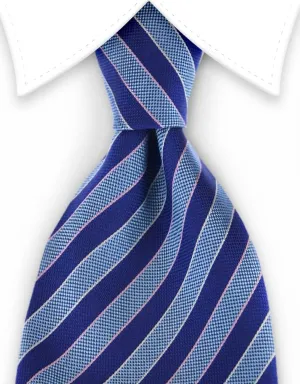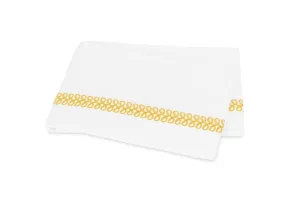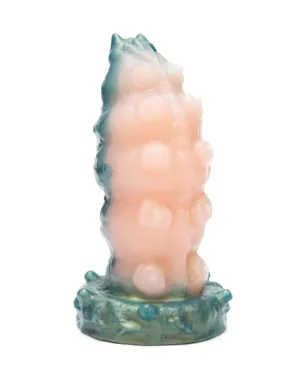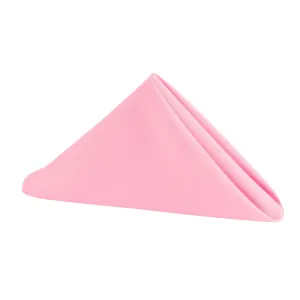For Great Polyester Prints Use Epson Polyester DTG Pretreatment Solution
Read our
Epson's Polyester DTG Pretreatment Solution allows for direct-to-garment printing t-shirts, hoodies and other garments that feature a moderate-loose weave and contains 50% or more Polyester. If your shirt or garment contains 50% or more cotton use a cotton pretreat solution, such as Lawson's .
This polyester pretreatment for dtg printers comes in one size, 18 Liters (approx. 4.75 liquid gallons). On DARK fabric, use undiluted. With LIGHT colored fabric, dilute with distilled water at an approximate ratio of 1:6.
The process and results for DTG printing on polyester is different from cotton. Please call Lawson at (314) 382-9300 to discuss maximizing your results.
For best results, the dtg pretreatment sprayer is recommended.
IMPORTANT: The Epson Polyester DTG Pretreatment Solution should be agitated before use and periodically if it has been sitting for a while. Never mix pretreatment liquid with ink or ink waste, even when disposing. You might have to the adjust nozzle settings on your pretreat sprayer when switching between cotton and polyester pretreatment liquids to ensure even and adequate coverage. This is because there are differences in viscosity (thickness) and application volume requirements between the Polyester and Cotton pretreat formulas.
Epson UltraChrome DG Ink was developed for direct-to-garment printing. Its primary application is for customization and value-adding on T-shirts, Polo shirts, jeans and sweats. It can also be used for a range of merchandise and décor production applications including tote bags, tea towels, pillow slips, cushions, etc. It can further be used for customization on specialty items such as caps, hats and shoes . The ink adheres best to fabric with a moderate-loose weave and high cotton content. It will also work with a range of alternative natural, man-made, and mixed fiber fabrics, however results will vary with customers strongly recommended to perform print and wash durability testing prior to commencement of production. It should further be noted that ink will generally not adhere to fabric that has a very fine weave, an extremely smooth finish, or has been treated with a water or dirt repellent.
Additional Information
Safety Data Sheet






